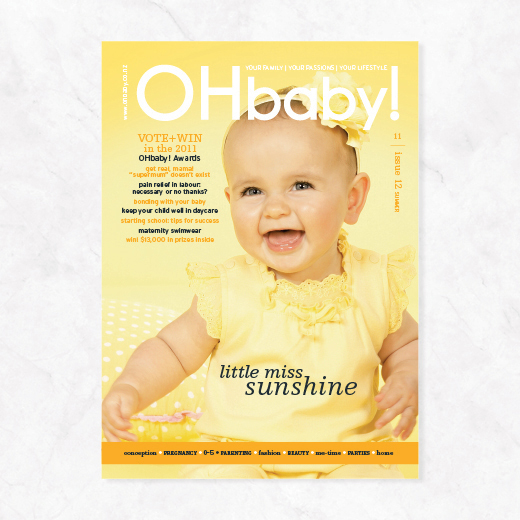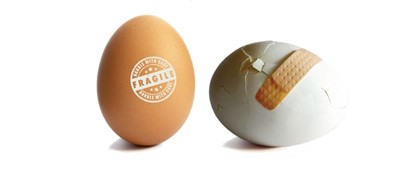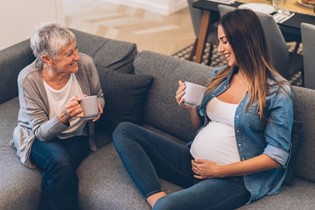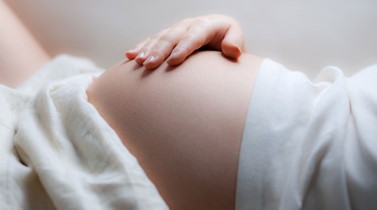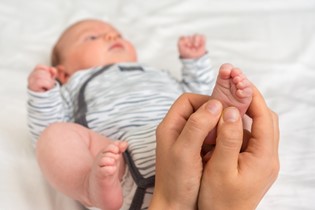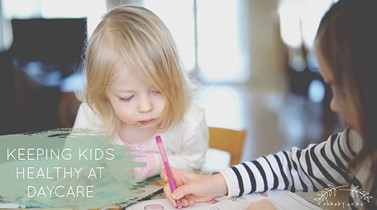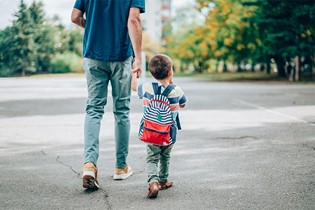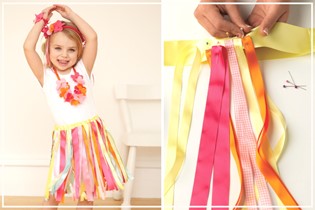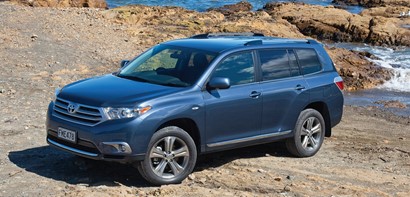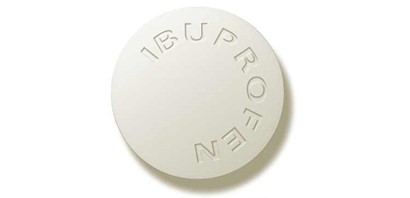What is a birth doula?
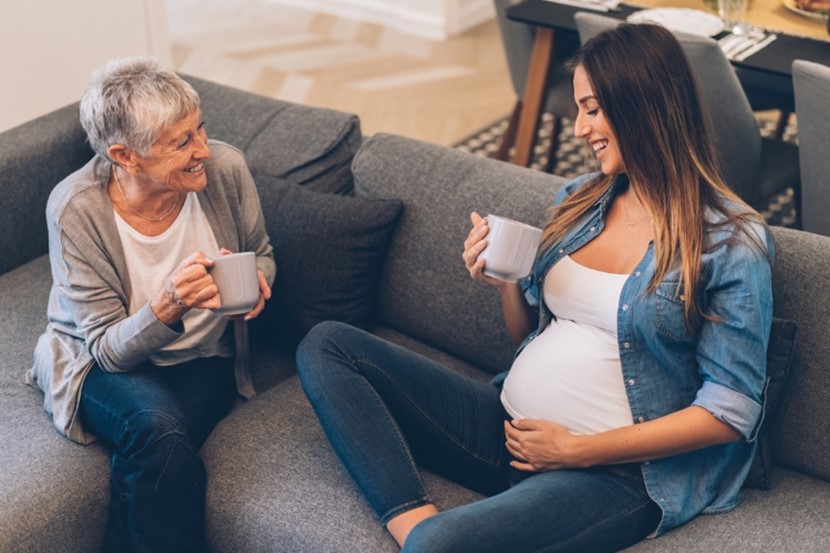
Quiet and calm, behind the scenes offering invaluable support, doulas are gaining popularity in New Zealand as professional birthing partners. Samantha Thurlby-Brooks explains the role.
It's 2am on a Saturday morning and my phone rings. I hear Brent's voice on the other end but it takes me a minute to register why he's calling. His partner Cathy is in labour and they've asked me to be their birthing support for their homebirth. I bounce up, bright as a button, but they're happy for me to stay at home and say they'll call me soon if they want me to come over. I drift in and out of sleep for another few hours, and at 8am, Brent calls me again to ask me to come to their house. I arrive just as the midwife is examining Cathy.. She is one centimetre dilated with a posterior baby, feeling very disappointed, and experiencing a lot of back pain.
I am a birth doula, a professional birthing partner under the name of "Joyful Childbirth", based in Auckland. I'm one of a few dotted around New Zealand. We're trained laywomen, separate from the medical system, but with knowledge and experience in pregnancy, birth, and the postnatal period. We have good knowledge and awareness of female physiology, but we're not medically trained and cannot perform medical procedures. However, what we do is just as important.
Carolyn Tranter, (who now lives in Australia) with over 20 years of experience, says, "99% of what I do is emotional support. It's like being an aunty, but an aunty with a knowledge base."
A birth doula will support you emotionally by reassuring you and your partner that things are going normally, and help you with comfort measures to decrease your experience of pain. If you would like her to, a doula can support you continuously right from the start of your labour by helping you and your partner to stay relaxed, calm, empowered, rested and nourished throughout the whole experience. It's not always easy for family members, especially partners, to do all of this for you (or remember to do everything), as they are dealing with their own emotions, excitements, and fears, especially if they've been told of all the things that might go wrong.
During Cathy's birth, I realised just how important the role of a doula is, not just for women who are anxious about giving birth, but also for women who are confident and knowledgeable. Her partner, Brent, summed it up nicely: "Having such a calm and positive soul in the room reminded Cathy and me that every contraction, every pain, is a step towards a wonderful natural birth. As a first time birth partner I had a lot to sort out - keeping track of how much water Cathy had drunk and how much she'd eaten, being present at every contraction, timing the contractions, filling the birth pool… It was a job for more than one person, and I didn't realise this until I was in the thick of it. I'm eternally grateful Sam was there to be the beacon of calm both Cathy and I needed!"
So why is it that birth doulas aren't widely known about in New Zealand? Well, in the countries where doulas are most popular, the UK and USA, the maternity system is very different. A woman may not have met the medical staff attending her in hospital or she may be left alone for long periods of time. In New Zealand, many women are able to have an independent midwife - someone she has had a chance to get to know during her pregnancy and who will be with her during her birth.
However, that does not mean that there is not a place for the doula. As Vida Rye so rightly says, "There is no limit on the amount of nurturing a woman in labour needs." Midwives and doulas can work well as a team, giving you and your partner the emotional and physical support you need. Many midwives are unable to be with you continuously during the early stages of your labour, as they have other women to attend to and sleep to catch up on. When a midwife is busy attending to you medically, or perhaps has to spend a short time away attending to other mums, a doula can still be there for you, giving you continuous support that research shows brings such great benefits.
Vida Rye helped to set up Doula UK before coming to New Zealand in 2002. When she left the UK, doulas were finally gaining recognition and respect. Coming to New Zealand, she notes, was like taking several steps back. Carolyn Tranter was the only other doula in New Zealand that Vida could find, and midwives seemed fairly wary of having someone else "muscle in on their turf". Says Veda, "I knew I had to go slowly and build trust with the local midwives. After two years, they started to see that I'm in it for positive reasons, largely through the postnatal and community work I do in Wellington."
Because doulas aren't very well known in New Zealand, there is a general confusion within the medical profession about what it is that we do. Some midwives refuse to work with us, other midwives are curious, but many are very happy to have us along. There are places in New Zealand where there is a shortage of midwives, which means that midwives may be overworked and taking on more women than they can comfortably handle. Having doulas to support their clients helps ease a midwife's workload by keeping parents calm and relaxed, reassured, and informed.
"Lots of mums say they didn't want to bother the midwife, so they phone me," explains Carolyn. "I would rather they called me at 2am than sit up for hours worrying because they don't want to bother their midwife. Doulas can help to relieve some of the pressure midwives are under by taking some of those non-medical calls and also can be with the mum early in labour when the midwife may not need or want to be there."
Numerous research studies around the world have shown that the continuous nurturing support of a knowledgeable lay-person reduces the Caesarean rate, the epidural rate, and other medical interventions, and can also decrease the rate of postnatal depression. The psychology and security of having support from someone knowledgeable, who focuses on the positives and won't bring you medical news, is different from the psychological response to the care of midwives and doctors. However, that is not to say that midwives and doctors don't act as a doula would, but in emergency situations or situations where things aren't going quite as planned, a doula offers a different level of support.
"I'm a non-medical support person," explains Bronwyn Gardner, a doula in Hawkes Bay. "Some midwives have far more nurturing qualities than other midwives, and they're more likely to be hands-on and be supportive like a doula in that nurturing role. But there are a lot who aren't."
Another important aspect of the birth doula is to meet with parents after the birth to talk about what happened. Carolyn muses, "I believe any birth situation can have positive birth memories, even with a caesarean birth, or a traumatic birth, or even a situation where a baby doesn't make it. Being empowered through that process and understanding the process is really important." As part of her service, Carolyn presents parents with a photo album of the labour and birth as a keepsake, with a written story to the baby about things that happened during the birth.
Back to Cathy and Brent. they were both so happy to have a birth doula supporting them, even though they initially didn't think they needed one. By keeping them both calm and helping with the nurturing side of Cathy's care, I was able to contribute to the natural water birth they experienced at home, despite Cathy having a posterior baby, which notoriously leads to interventions. After the birth, Cathy said, "I will forever be grateful for the fact that Sam was with us that day, not only to help Brent in his role, but for constantly reminding me that I was on the right track. It was incredibly reassuring to have someone there with us [while her midwife was away looking after other mums] who was so knowledgeable about the birth process."
Carolyn believes "New Zealand is ready for doulas. There are some pretty amazing women out there who are doing the job anyway for friends and family. So why not get out there and do the training and be there for others."
Bronwyn Gardner concludes, "Primarily women need support for better birth outcomes. If we can support women and their whanau for better birth outcomes it's just going to make New Zealand a much healthier place to raise our children in."
|
Samantha Thurlby-Brooks is a birth doula living in Australia. She trained in London in 2006 with the world renowned obstetrician Dr Michel Odent. |

AS FEATURED IN ISSUE 12 OF OHbaby! MAGAZINE. CHECK OUT OTHER ARTICLES IN THIS ISSUE BELOW
